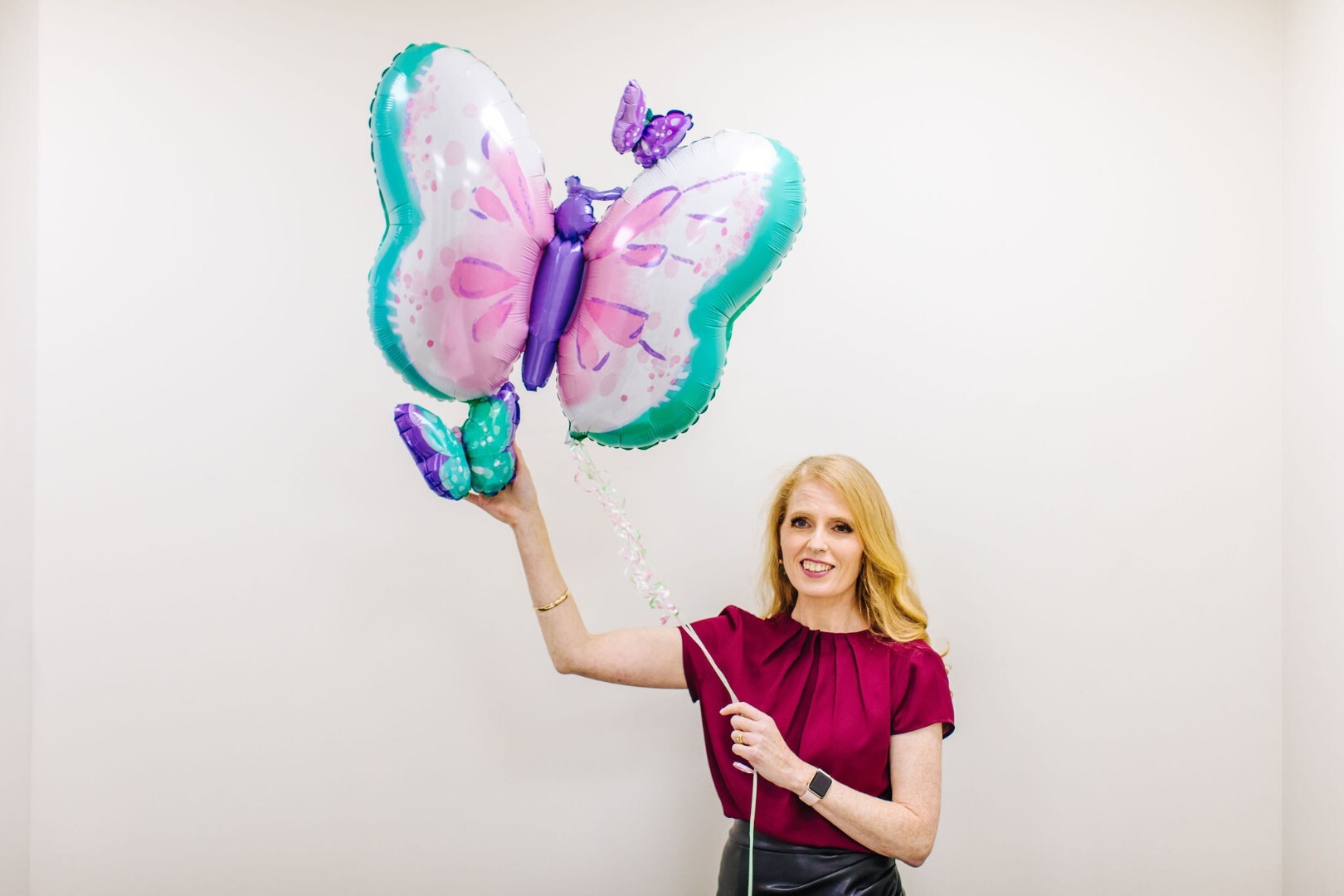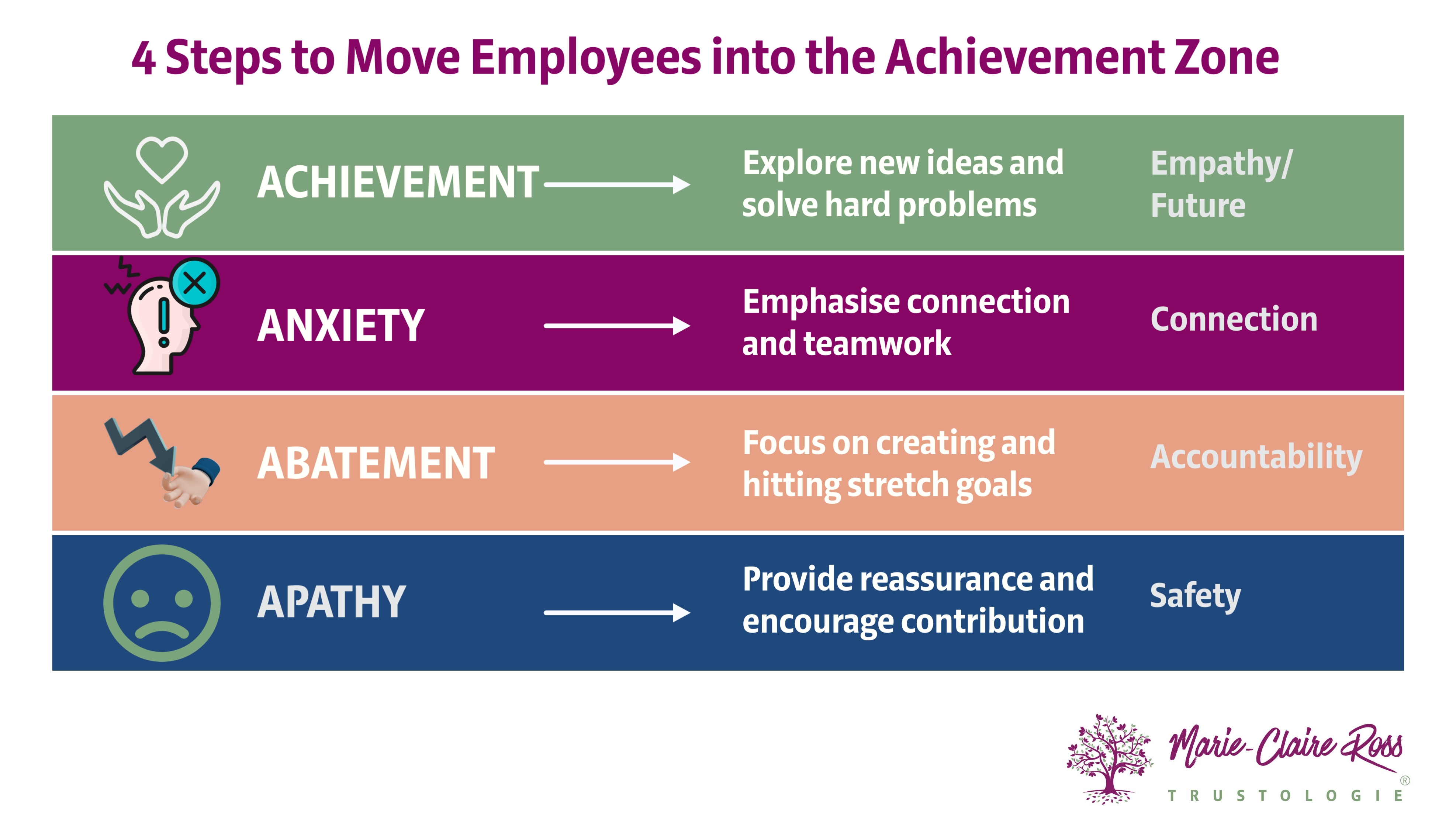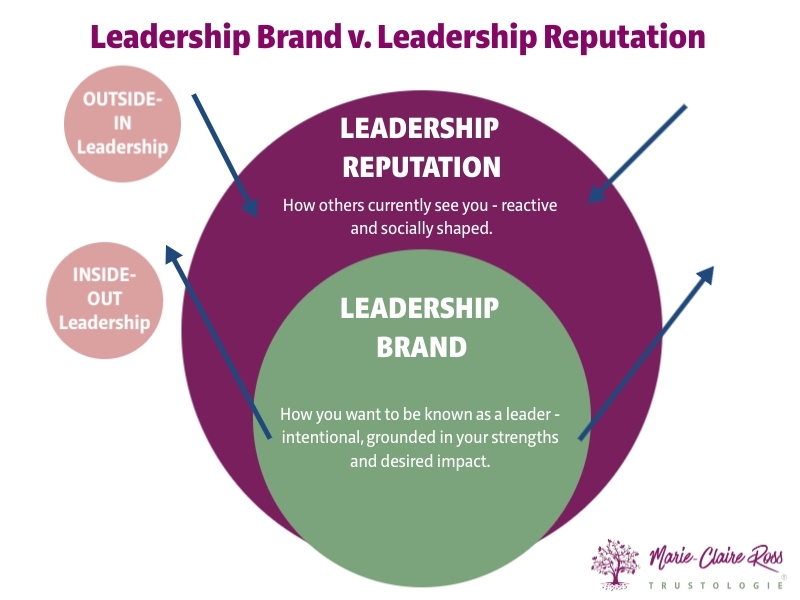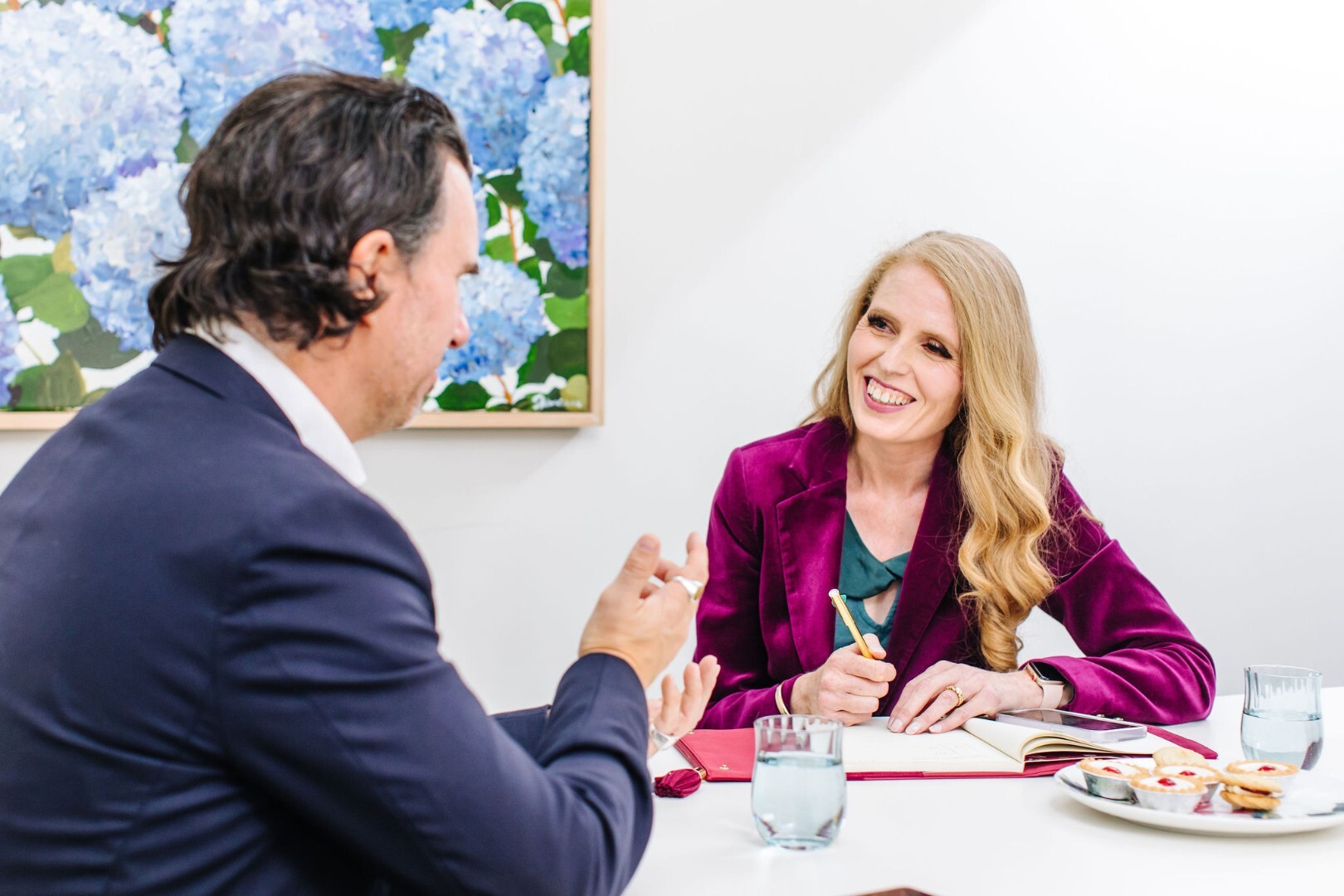13 min read
Is your team vibe feeling off? How to reset your team dynamics
As teams return from their summer (or winter) break, you may notice subtle shifts in your team’s energy. Even if the end of year was positive, a new...
Develop leaders, strengthen executive teams and gain deep insights with assessments designed to accelerate trust and performance.

Transform how your leaders think and perform with keynotes that spark connection, trust and high-performance cultures.

Explore practical tools, thought-leadership and resources to help you build trusted, high-performing teams.

Trustologie® is a leadership development consultancy founded by Marie-Claire Ross, specialising in helping executives and managers build high-trust, high-performing teams.

5 min read
Marie-Claire Ross : October 21, 2025

As an executive coach, I have the privilege of partnering with top leaders - from those sponsored by their organisations to individuals who commission me privately.
What I have always found interesting is the difference in outcomes among those who unlock the benefits of executive coaching, while there are those who only receive a small benefit. I've found time and again that the success of the coaching process is directly proportional to the coachee's preparedness.
Achieving truly transformative results requires a cohesive, active and strategic partnership between the executive coach, the coachee, and, when relevant, the sponsor. Each party has a vital role in ensuring their expectations are aligned from the outset and that they approach the coaching journey with openness and commitment.
This article outlines the distinct and critical expectations that both the sponsoring organisation and the individual executive must uphold to drive peak performance.
If you are funding executive coaching for your staff members, it's important to have appropriate expectations and provide the right support.
Often, I'm brought in because directors want to "fix" the behaviours of a direct report. This "fix-it" mentality is often unfair, as it fails to acknowledge that the root cause of performance issues possibly lies not just with the coachee, but with systemic friction or the sponsor's own leadership style.
Be ready to examine all contributing factors, including culture and leadership dynamics.
Let's take a look at what to consider before your report begins executive coaching, so your expectations are reasonable.
It’s About Who You Are Being: The true levers of impact are often shifts in mindset (e.g., moving from a fixed mindset to a growth mindset, or from a scarcity mindset to an abundance mindset). A strategic approach supports the executive in exploring and challenging the assumptions that drive their leadership style, not merely giving them a new "tool."
Support Vulnerability: Transformation involves vulnerability. As an ICF-accredited executive coach, my coaching sessions are confidential. To ensure the coachee feels safe, I will not disclose the specifics of what we discussed, but I will share themes on what we are working on or their level of coach readiness.
Coaching effectiveness relies on the environment the coachee returns to. The sponsor must:
Practice Patience: True behavioural shifts don't happen overnight. Avoid showing frustration or expressing dissatisfaction if immediate results aren't visible. Give the coachee the necessary time to embed new patterns, knowing that results are cumulative. Be open to having more one-to-one's with your report who will often have new ideas to share with you or questions about their workload as coaching progresses.
Look Inward and Address the System: Be willing to address organisational factors that may sabotage the coachee’s progress, such as unclear priorities, poor internal communication, or underlying team capability gaps. A strategic sponsor accepts that the process may highlight necessary improvements in their own way of leading and managing the organisation.
Partner with the Coach: Maintain an open line of communication with the executive coach (while respecting the coachee's confidentiality). This collaboration ensures that the coaching work remains relevant to the business and that systemic issues are addressed simultaneously.
You will often observe a difference before you will notice a measurable difference. The most significant strategic value is almost always the result of developing "soft" skills. These intangible improvements are the engine that creates measurable business gains.
Calmness Equals Clarity: An executive who develops greater confidence and emotional regulation through coaching is a leader who is more calm under pressure. This reduced stress directly leads to higher-quality, faster decision-making, which saves the company money and time.
Happier Teams Equal Higher Productivity: Coaching that leads to a more empathetic, less micro-managing leader results in happier and more engaged teams. These teams naturally experience lower turnover and higher overall productivity, which are core drivers of financial ROI.
The Delegation Multiplier: A classic example of converting soft skills into hard time is through improved delegation. By overcoming the need to control every detail, a leader can delegate effectively, potentially freeing up an entire day (or more) per week. This time is then re-invested in high-level strategic activities—like developing new business processes, long-term talent strategy, or creating new revenue streams—tasks that deliver massive strategic value to the business.
As the coachee, you are the primary driver of your personal impact. Every action you take before, during, and after a session directly contributes to the outcome.
The fastest way to waste a session is to arrive without a defined focus. Treat each session like a strategic consultation on your most pressing executive challenge. As a coach, I often find that leaders struggle here - either believing they don't have a problem or minimising a recurring friction point, worried it's too insignificant.
If an issue is keeping you up at night, replaying itself in your mind, or showing up as something to avoid, consider it highly significant - it’s absolutely worth addressing in your coaching sessions.
Identify the "Hot" Problem: Before meeting your coach, identify a live, high-impact problem you are currently wrestling with (e.g., a challenging board presentation, a difficult team member returning to work or a looming difficult conversation). This provides the tangible context needed for powerful, relevant dialogue.
The Problem is the Catalyst: Understand that the issue you bring in is rarely the core issue. Your coach will use it as a lens to explore the deeper pattern (e.g., the challenge isn't the team alignment structure; it's your discomfort with necessary conflict). Starting with a real business problem ensures the insights are immediately applicable to your work.
Cultivate Vulnerability: Coaching is a safe space, but only if you make it one. Be radically open about your frustrations, your fears, and your personal contributions to challenging situations. The less you try to manage the perception you present, the more profoundly your coach can help.
Welcome the Challenge: Your coach's role is not to validate you; it is to challenge the thinking that is limiting your leadership. Resist the urge to defend your position. Instead, lean into the questions that feel most uncomfortable—that is where the breakthrough value lies.
The insights gained in the session are worthless until they are acted upon. The work happens between the appointments.
Be Fully Present: Eliminate all distractions. Give your coach and your own reflection the focused, uninterrupted attention they deserve. The most profound insights often require deep concentration.
Experiment Between Sessions: End every meeting with a concrete commitment to an experiment. This isn't a permanent life change, but a small, intentional test of a new behaviour. This could be trying a new communication style, asking a different kind of question in your next meeting, or simply spending 15 minutes in silent reflection. This intentional action converts theoretical learning into measurable, on-the-job change, maximising the value of every session.
By aligning organisational support with deep personal commitment, you transform executive coaching from a necessary expenditure into a powerful strategic asset that drives sustained, measurable leadership results.
Ready to commit to your transformation? If you or your organisation are prepared to align expectations, embrace systemic change, and commit to the focused work needed for maximum leadership impact, I invite you to start with a conversation. Book a complimentary chat with me today to explore my executive coaching approach and see how we can begin your strategic journey.

13 min read
As teams return from their summer (or winter) break, you may notice subtle shifts in your team’s energy. Even if the end of year was positive, a new...

14 min read
The workplace is evolving at a pace few previous generations have seen and 2026 will mark a turning point. The Future of Work is blended, not hybrid....

5 min read
Many leaders jump into a leadership position excited by the opportunity to help others and perform at a higher level.

In today's fast-paced business world, effective leadership is more crucial than ever. But even the most talented leaders or business owners can...

A couple of months ago I went out for drinks with some of the graduates I studied with at the AICD company director’s course. One of the members had...